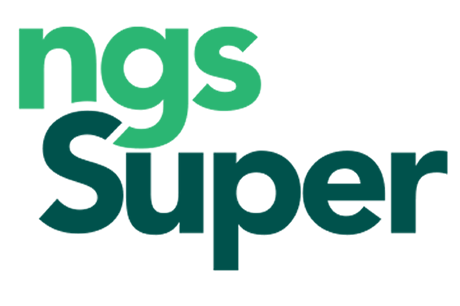
In the beginning there was no super for teachers and support staff. Then by a political miracle and a vision based on fairness, compulsory super was established for lucky NGS Super members. The initial employer contribution was a whopping 3% in 1988 when the fund was established via a trust deed. I say ‘lucky’ because this event was four years ahead of universal compulsory super, which became law in 1992. This early inception happened thanks to the work of the IEU and the goodwill of the Catholic and independent schools employer groups.
As you may imagine, super was much simpler back then. Once the deed was signed and the trustee was established, rights and duties for the board followed for the benefit of the beneficiaries of the trust fund, the NGS super members.
Fundamental to the duties of the trustee was a fiduciary duty to look after the best interests of the members and their dependants. This included the prudential oversight of investments, the overall sound administration of the fund and the provision of life insurance (death cover) for members.
At the time of inception both the investment options and the insurance products were simple. Death and total and permanent disability (TPD) insurance was automatically applied to eligible member accounts at a cost of $1 per week with death payments reducing annually to age 65.
It is widely acknowledged that the provision of insurance via industry super funds helped to address the chronic under-insurance crisis Australia faced. So, death and TPD insurance were considered to be a genuine benefit for members who most likely did not have any other insurance.
No underwriting was required and no medical evidence was needed to make things easy for eligible members. The two added bonuses were that members’ premiums were taken from their super accounts, not their take-home salary, and industry funds could negotiate discounted premiums due to the large size of their memberships (group life insurance).
The insurer took the bet that the bulk of the teachers and support staff were healthy and default insurance was applied to their accounts without medical information being required.
In the very early days, only death/TPD insurance was available. Total and permanent disability insurance provided eligible members with a lump sum payment. And the conditions for eligibility for TPD were basically that the seriously ill or injured applicant would never be able to work again in any capacity. The idea behind the payment was to assist the applicant with home adjustments, medical bills or any other expense the ill or injured member may have after leaving regular employment.
I recall receiving my first member statement as a young teacher with two small children, and I was pleased to see the substantial death cover which was then a new benefit from the super fund. The premiums were low. Much later, as a fund employee, I could see how death cover (which is now usually called life cover) assisted thousands of families through very difficult times. The insured component plus the remaining account balance is paid to the dependants of a deceased member in times of financial stress and sadness.
Income protection was automatically added to eligible members’ accounts around 2001. This was another substantial benefit for members in the case of temporary illness or accident. IP insurance provides eligible members with the peace of mind to know that if they suffer an accident or illness (and the stats say most Australians will during their lifetime), they will have most of their salary paid by the insurer for up to two years.
Payments are monthly based on the medical condition of the claimant and are calculated at 80% of pre-disability salary plus 10% in super.
Your insurance is there for a very good reason and it is possible to dial up and increase your cover (subject to the insurer’s acceptance) or to cancel it completely. If you do decide to cancel your insurance, and you change your mind to have it reinstated, you will have to reapply with medical evidence as acceptance is not automatic. It is decided by the insurer.
Just as super has become a huge and complex investment vehicle to grow and protect members’ retirement savings, insurance has been an adjunct within super to provide extra security for members and their dependants along the path to a glorious retirement. And it is very important to understand your insurance cover to ensure that it suits your situation in life.
Best wishes for the holidays!



































































































































